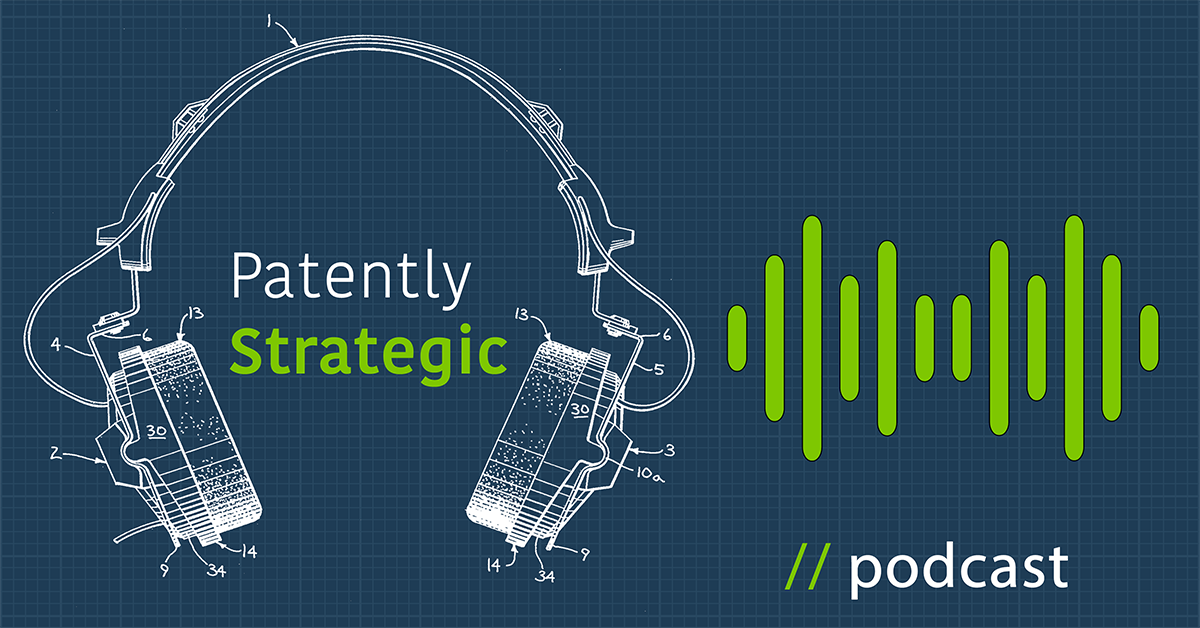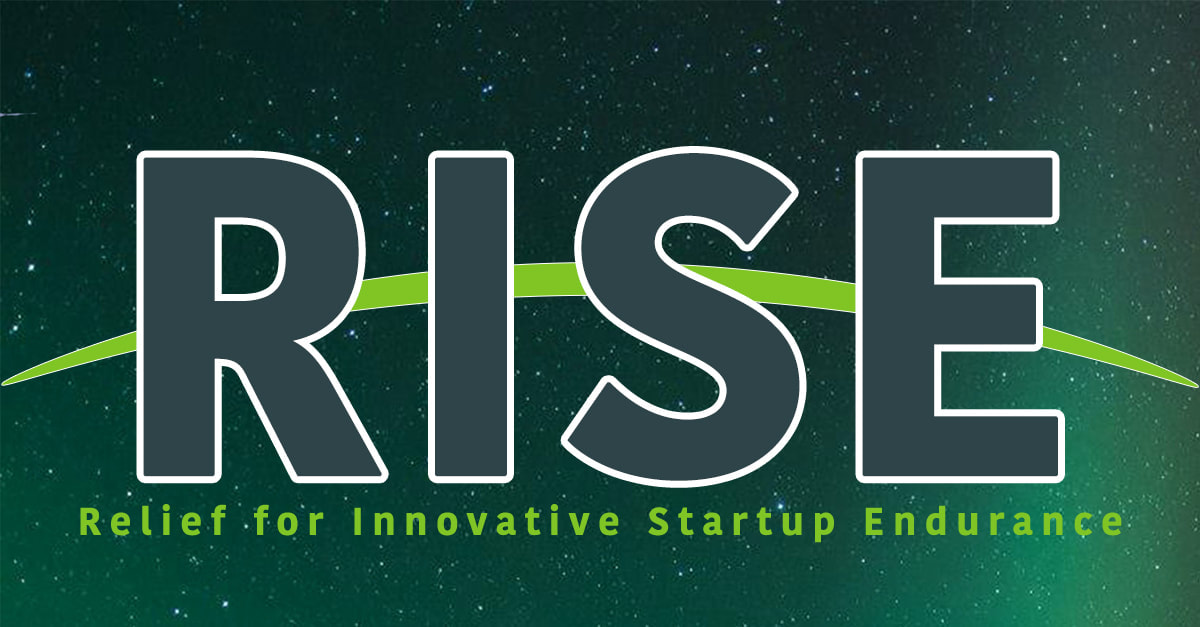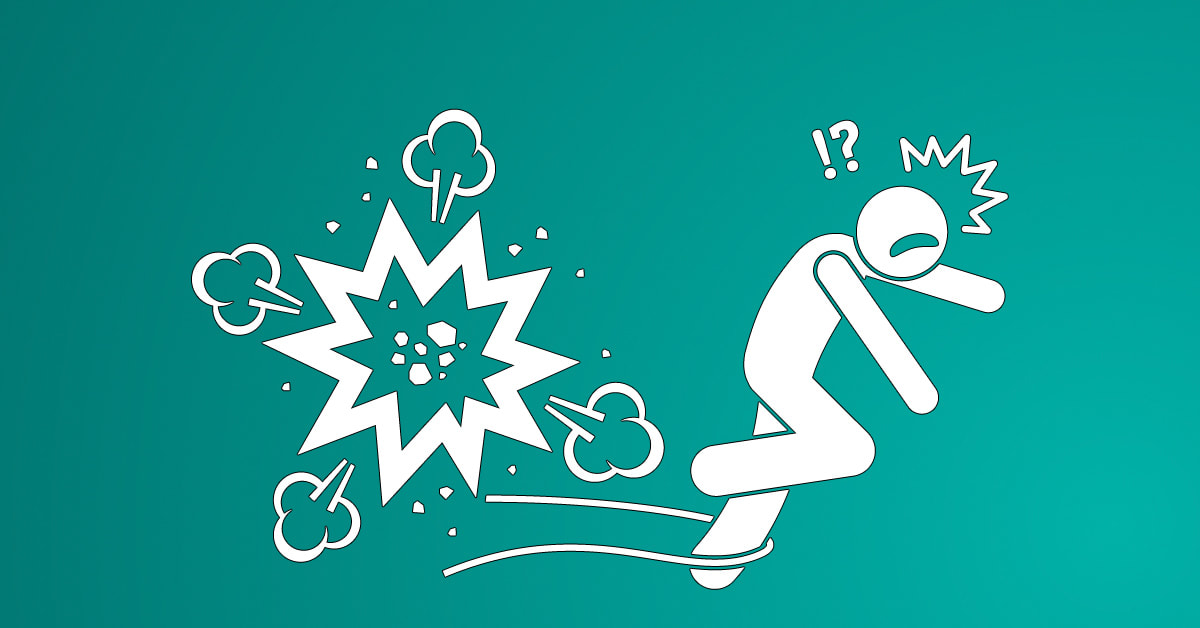|
By: Josh Sloat
We're very proud to announce the launch of Patently Strategic, a podcast designed for inventors, founders, and IP professionals, covering the finer points, sharp edges, and nuances of patent strategy. Each monthly episode will feature a round-table style discussion amongst experts in the field of patenting.
Episode One: On-sale Bar
Patentability and Selling Your Invention
In our first episode, Dr. Ashley Sloat, President & Director of Patent Strategy here at Aurora leads a deep dive into the on-sale bar and the trapdoor-esque implications of selling your innovation before filing. Ashley is joined by an exceptionally great group of co-hosts, who combined, represent over 56 years of patenting experience.
**Spoiler alert** There are some very sneaky triggers – many types of activities that you might not traditionally think of as sales transactions that can trigger the bar and really jeopardize patentability. Availability
Patently Strategic is available on all major podcasting directories, including Apple Podcasts, Spotify, and Google Podcasts. We're also available on 12 other directories including Stitcher, iHeart Radio, and TuneIn, so you should be able to find us wherever you listen to podcasts.
Topic and guest participant requests
If you’re an agent or attorney and would like to be part of the discussion or an inventor with a topic you’d like to hear discussed, please reach out.
Resources
For the visual learners out there, we also like to make our presenter slides available for your reference. This particular deck includes great visuals highlighting key takeaways from on-sale bar related court rulings, as well as a breakdown of examples on what may and may not constitute offers for sale.
0 Comments
By: Josh Sloat Relief for Innovative Startup EnduranceIn 2020 at the height of the COVID-19 crisis, Aurora Consulting announced the RISE Award to help small businesses and inventors through these challenging times. Consistent with our mission to support emerging growth companies, we feel that weathering this crisis should not come at the loss of hard-fought R&D efforts. To that end, we’re proud to announce that we’re bringing the RISE Award back for 2021, offering a free provisional U.S. patent application or $5,000 towards a non-provisional U.S. patent application to a selected applicant. We hope that this award will continue to help provide stability and encouragement to diligent innovators.
What is the on-sale bar?
The on-sale bar is part of Section 102 within patent law that can prevent an invention from being patented if it was sold prior to patent filing.
Can I get a patent for something I have already sold?
Yes...but like with all complex matters, there is a lot of gray area. In the U.S., selling or offering for sale a product that is ready for patenting before applying for a patent can prevent you from getting a patent later. HOWEVER, the U.S. does have a one year grace period - meaning that if your sales activity was less than one year before your applying for a patent, you can still apply for and possibly get a patent. Further, if you have made improvements, those improvements may be eligible for patenting, while the base invention may not be eligible due to your sales activity. All of this is not necessarily true for international protection. Various countries have different laws around sales activity - with a general rule of thumb being don't sell or offer for sale your technology before filing for an international patent. All said, there are a lot of gray areas and nuances around the on-sale bar in US patent law, some of which are described below.
Practical tip: The U.S. does have a one year grace period, but as a general rule of thumb, don't sell or offer for sale your technology before filing for an international patent.
The America Invents Act (AIA) broadens the on-sale bar
The America Invents Act, or better known as AIA, was signed into law in 2011. Most notably, several provisions of U.S. patent law were changed, as of March 16, 2013, to better align the U.S. with the rest of the world. For discussion in this post, the scope of 35 U.S.C 102 was broadened to encapsulate art or activities worldwide, as opposed to just in the U.S. The USPTO and practitioners affectionately refer to these two eras in patent law as “pre-AIA,” or before the law change, and “AIA,” or after the law change.
Pre-AIA, the public use provision of 35 U.S.C. 102 included “public use or on sale in this country,” more than one year prior to the date of application for patent in the United States. After AIA, the public use provision of 35 U.S.C. 102 dropped the geographical restrictions and now includes “on sale, or otherwise available to the public,” more than one year prior to the date of application for patent in the United States. Further, the Supreme Court in Helsinn held that, outside of the “in this country” provision, AIA did not change the meaning of the on-sale bar – including secret sales still being a trigger for the on-sale bar. More to come on this later in the post. When is the on-sale bar triggered?
According to Pfaff v. Wells Elecs., Inc., 525 U.S. 55, 67 (1998), the on-sale bar is triggered, pre-AIA or AIA, when the following two criteria are met:
For example, although Pfaff had not actually reduced the invention to practice, he had constructively reduced the invention to practice - a socket - to such a degree that he was able to provide Texas Instruments with detailed engineering drawings. Accordingly, Texas Instruments placed an order for the sockets more than one year before the filing date. Taken together, Pfaff satisfied both provisions of the on-sale bar: a commercial offer for sale and a set of specifications indicating that the sockets were ready for patenting. What kinds of activities trigger the on-sale bar?
It’s important to also consider the kinds of transactions that you may not even traditionally think of as sales activities when it comes to inadvertently triggering the on-sale bar.
Request for Proposal Response Submitting a response to a Request for Proposal can trigger the on-sale bar if the above provisions are met. In RCA Corp. v. Data General Corp., 887 F.2d 1056, 12 USPQ2d 1449 (Fed. Cir. 1989), RCA submitted a proposal to the Federal Aviation Administration (FAA) in response to a Request for Proposal. At the time of the proposal submission, RCA had reduced the character generation equipment to practice and offered it for sale, by virtue of submitting the proposal. Contrast this to a grant submission, for example, in which the submission is usually a “promise” to have an innovation rather than an innovation that is already reduced to practice. Leases, licenses, and offers Leases, licenses, and offers, even if refused or cancelled, can trigger the on-sale bar. In Group One, Ltd. v. Hallmark Cards, Inc., 254 F.3d 1041, 1048 (Fed. Cir. 2001), Group One developed a machine to cut and curl ribbon and offered it to Hallmark on a license or royalty basis. Although Hallmark dismissed the offer and developed their own technology, the offered licensing or royalty triggered the on-sale bar. See also, Merck & Cie v. Watson Labs., Inc., 822 F.3d 1347 (Fed. Cir. 2016). However, in In Re John Kollar, 286 F.3d 1326 (Fed. Cir. 2002), the Federal Circuit held that the mere “transfer of technical information about the claimed process” and “a license under any future patents to practice the process and sell the resulting products” does not necessarily trigger the on-sale bar. The rationale given by the Federal Circuit was that the transfer of the technical information still requires the transferee to develop a product using the technical information before commercialization – as such, the transfer is not a commercial sale. In the same vein, payment for manufacturing services does not trigger the on-sale bar. (See also, e.g., Meds. Co. v. Hospira, Inc., 827 F.3d 1363 (Fed. Cir. 2016) and Minton v. NASDAQ Inc. 336 F.3d 1473 (Fed.Cir.2003)). Providing reports or performing claimed methods for a customer In Quest Integrity USA, LLC v. Cokebusters USA Inc., No. 2017-2423 (Fed. Cir. May 21, 2019), more than one year prior to the patent filing, Quest allowed technicians to collect inspection data for a refinery at predetermined time intervals using the patented system and method for collecting and displaying furnace inspection data. While Quest did not provide the software or any hardware to the refinery, Quest did provide commercial services to the refinery that tracked succinctly to the issued method claims in the patent. As such, invalidity of the patent, based on triggering the on-sale bar, was upheld. Secret sales Even “secret sales” – sales in which details are not made public – still trigger the on-sale bar. There was much hope that the new language of 35 U.S.C. 102 brought about by the AIA would prevent secret sales from triggering the on-sale bar, based on the “otherwise available to the public” provision of AIA 5 U.S.C. 102. However, we found in Helsinn v. Teva Pharma 586 U.S. (Supreme Court 2019) that this wasn’t the case. Helsinn executed a license and supply and purchase agreement with MGI Pharma. The agreement required confidentiality but was also publicized. Nearly two years later, Helsinn filed a patent covering the dosages that were used in the MGI Pharma agreement. Although MGI Pharma was required to keep the dosages used in the agreement confidential and the details of the invention were not included in the public announcement, the agreement with MGI Pharma triggered the on-sale bar due to its commercial nature and the invention being ready for patenting. So…selling your invention, even though how it works is secret and difficult to reverse engineer, still triggers the on-sale bar.
Takeaways
What we’ve learned from the caselaw over the past few decades can be summarized as follows:
However, as I am sure is evident from the above caselaw, each situation is nuanced, so discussion with a practitioner is highly recommended. Further, if you are planning on offering for sale or selling your invention, consider filing a provisional patent application. Contact us if you’d like to discuss your unique situation! Recommended Resources
This topic is SO important that we made it the main focus of our first podcast episode. Listen in as Dr. Ashley Sloat, President & Director of Patent Strategy here at Aurora, leads a deep dive into the on-sale bar and the trapdoor-esque implications of selling your innovation before filing. Ashley is joined by an exceptionally great group of co-hosts, who combined, represent over 56 years of patenting experience.
|
Ashley Sloat, Ph.D.Startups have a unique set of patent strategy needs - so let this blog be a resource to you as you embark on your patent strategy journey. Archives
July 2024
Categories |







 RSS Feed
RSS Feed